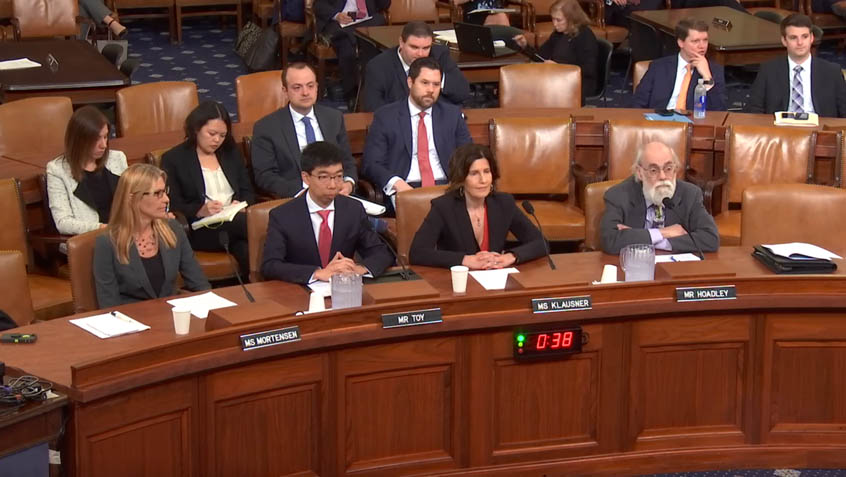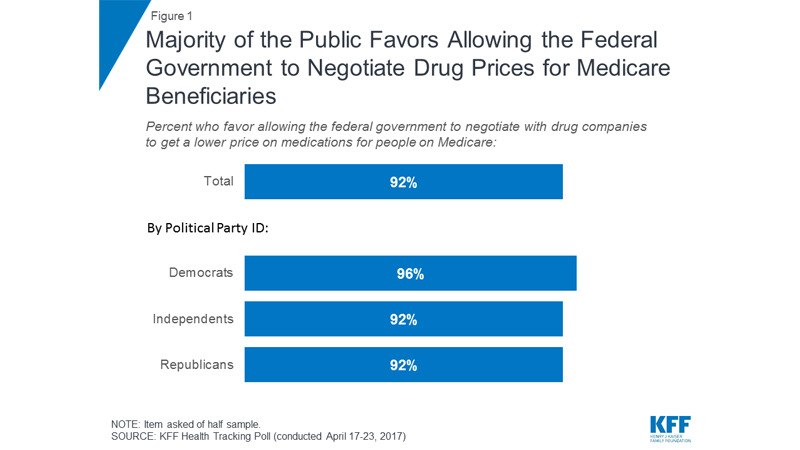Dr. Cole is the Chief Information Officer for Weill Cornell Medicine. He practices Internal Medicine at Weill Cornell and NYP. He is an Associate Professor of Clinical Medicine and Healthcare Policy & Research. As CIO, he is responsible for the Wood Library, core IT infrastructure, software and web development groups, the user support organization, telephony, and enterprise applications including ERP and EMR. Dr. Cole recently participated in the following Q&A with Medicare Rights:
Read More
The Medicare Rights Center’s education department is building a community of “Medicare smart” students. Through Medicare Interactive (MI) Pro online courses and Medicare Minute presentations, professionals and other community members can become go-to resources for people navigating Medicare. To fortify more people with Medicare knowledge, Medicare Rights partners with professional associations, unions, businesses, and other groups. From social workers to financial planners, in libraries and conference rooms, Medicare Rights’ educational programming ensures everyone who helps older adults and people with disabilities has clear,
up-to-date Medicare information.
Read More
Now a helpline volunteer and a donor, Beth Abbott started her engagement with the Medicare Rights Center through a summer internship while pursuing a graduate degree in health advocacy from Sarah Lawrence College. After she finished her degree, she continued with Medicare Rights as a helpline counselor. While dedicating volunteer hours to answering Medicare questions, Beth learned about a matching donation program through Bank of America, her husband Ray Abbott’s employer.
Read More
This week, several health care programs appeared in legislation that does not normally address health care. Two of the surprise provisions are embedded in draft Farm Bill legislation and in cuts, or rescissions, requested by the White House. While these measures may gain traction in the U.S. House of Representatives, they face a more uncertain future in the Senate.
Read More
This week, the U.S House of Representatives Committee on Ways and Means Health Subcommittee held a hearing on the Medicare Advantage (MA) program. MA allows people with Medicare to choose a private insurance option instead of traditional Medicare. Witnesses included representatives from two MA plans—Andrew Toy of Clover Health and Daphne Klauser of Independence Blue Cross—who spoke to their experience administering MA plans, as well as Dr. Karoline Mortensen, Associate Professor of the Department of Health Sector Management and Policy at the University of Miami Business School, who discussed quality measures in MA plans. Dr. Jack Hoadley, Research Professor Emeritus at Georgetown University’s McCourt School of Public Policy and former Commissioner on the Medicare Payment Advisory Commission (MedPAC) also testified, speaking for himself and not on behalf of Georgetown or MedPAC.
Read More
This week, the Commonwealth Fund’s Affordable Care Act Tracking Survey showed recent coverage declines among 19-to-64-year-olds. The survey’s focus is on adults who gained coverage through the ACA’s marketplaces and Medicaid.
The findings show that an estimated four million people have lost coverage since 2016. Significant changes can be seen for lower income households and people aged 35-49, and the losses are even more pronounced in states that have not expanded Medicaid—especially southern states—and among people who self-identify as Republican. For example, among Republicans surveyed, the uninsured rate has risen from 7.9% in 2016 to 13.9% in 2018, with self-identified Democrats seeing no change.
Read More
The Kaiser Family Foundation released a new report looking at the history of the concept of Medicare drug price negotiation, including the dramatically different role that the federal government has in securing good prices for Medicare beneficiaries, compared to its active involvement in establishing drug prices for other government health programs, including Medicaid and the Department of Veterans Affairs (VA). The report outlines various bills that have been introduced in Congress since the enactment of the Part D benefit, and discusses how enthusiasm for making this change tracks closely with the rate of increase in Part D drug costs.
Read More







